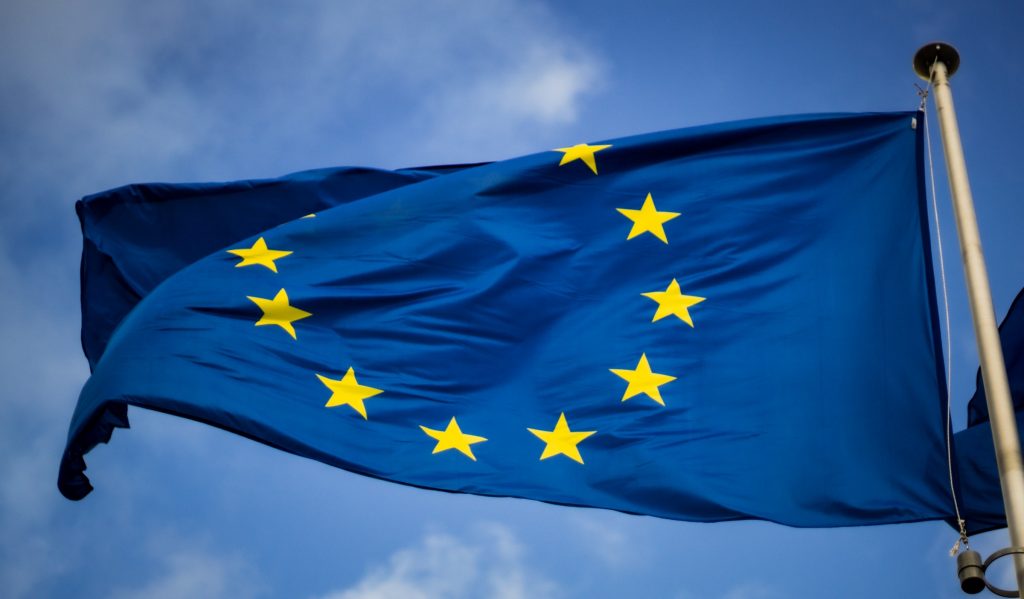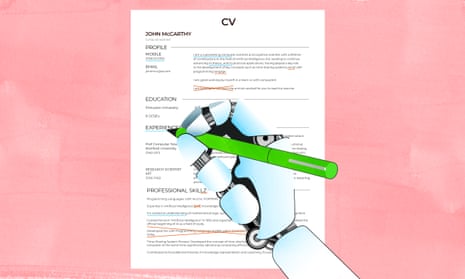EU AI Regulations: A Year-Long Journey to Consensus
The EU’s AI Regulations: A Long Road Ahead
Discussions surrounding the regulatory framework for artificial intelligence (AI) within the European Union are expected to extend over a year before consensus is reached. Last year, the European Commission introduced draft legislation pertaining to AI. While nations like the U.S. and China are positioning themselves to spearhead AI development due to their extensive resources and less stringent regulations, the UK and EU members aspire to set a precedent in ethical AI standards.
The proposed EU regulations categorize AI systems according to their risk level. Companies found guilty of mismanaging AI could face hefty fines of €30 million or 6% of their global turnover—whichever amount is greater. This punitive measure has drawn criticism for potentially deterring investment from the region.
The classifications established in the draft regulations are as follows:
- Limited Risk: Systems such as chatbots, inventory management, spam filters, and video games fall into this category.
- High Risk: This includes systems involved in significant decision-making like credit evaluation, recruitment processes, and biometric identification in private settings.
- Unacceptable Risk: Systems that engage in manipulative practices, assign social scores, or conduct real-time biometric authentication in public for law enforcement will face a complete ban.
High-risk AI systems will be subjected to strict oversight, which includes human supervision, risk management protocols, transparent user communication, data governance, and government registration. However, the complex nature of the EU’s decision-making process—entailing agreement from all member states with different interests—often leads to protracted discussions, more so than in national law-making.
Recent reports highlight the anticipated delay in finalizing these regulations, primarily due to intensive debates over the use of facial recognition technology—an issue that invokes significant ideological divides among lawmakers. One key figure, Dragos Tudorache, emphasized the importance of crafting appropriate regulations rather than imposing an outright ban on such technologies.
In contrast, the UK has emerged as the premier destination for AI investment in Europe, ranking third globally. Global investors funneled £13.5 billion into over 1,400 UK-based deep-tech firms from January to June 2021, surpassing the total investments in Germany, France, and Israel combined. The UK also published its 10-year National AI Strategy in late 2021, aiming to cement its leadership in the European AI landscape.
Part of this strategy includes establishing an ‘AI Standards Hub’ to coordinate international efforts in defining AI regulations and collaborating with institutions like The Alan Turing Institute to refine AI ethics and safety guidelines. As the UK builds a robust and diverse community of researchers dedicated to responsible AI development, they aim to strike a critical balance between necessary regulations and promoting innovation.
Observing the evolution of AI regulations in Europe will be crucial, as lawmakers grapple with the challenges of ensuring ethical governance while fostering an environment conducive to technological advancement.
AI development varies significantly across different regions, and this trend is expected to continue. Recent discussions reflect the diverse approaches and implementations of AI technologies.
The British intelligence agency GCHQ has recently released a report titled “Ethics of AI,” highlighting critical considerations in the ethical deployment of artificial intelligence. Interested in delving deeper into the world of AI and big data? The upcoming AI & Big Data Expo will feature insights from leading industry experts. Scheduled events will take place in Santa Clara on May 11-12, 2022, Amsterdam on September 20-21, 2022, and London on December 1-2, 2022.
For those keen on enterprise technology advancements, TechForge offers a variety of upcoming events and webinars that you might find informative. Stay updated on the latest trends and innovations in these fields.
The recent advancements in AI, including efforts by companies like NVIDIA, demonstrate a strong push in Europe, particularly in Germany, to lead the AI manufacturing sector. Additionally, the integration of AI in healthcare is expanding, with MedTech initiatives paving the way for innovative hardware and clinical applications.
Despite the rapid growth in AI projects, a staggering 80% of them fail to transition into production. This execution gap remains a pressing issue for organizations, necessitating a deeper understanding and improved strategies for successful implementation.
Interestingly, educational institutions in England have received approval to utilize AI technologies in teaching, signifying a shift in how educators engage with students through innovative tools.
Stay connected and informed by joining our community to receive premium content and the latest updates on technology trends straight to your inbox.
Artificial Intelligence, Machine Learning, Space
Artificial Intelligence, Finance, Logistics
Applications, Artificial Intelligence, Face Recognition, Industries, Security
Artificial Intelligence, Space
Education, Legislation & Government
Teachers in England have received authorization to integrate Artificial Intelligence (AI) into their teaching methodologies. This decision marks a pivotal shift towards leveraging advanced technologies in the educational sector.
Artificial Intelligence: Sponsored Content
The role of AI in the cryptocurrency sphere continues to evolve significantly. Its impacts are noteworthy, influencing various aspects of cryptocurrency development and regulation.
AGI, Artificial Intelligence: Insights from Industry Leaders
Sam Altman from OpenAI has stated that we are on the verge of entering the era of superintelligence. This statement highlights the ongoing advancements in AI technologies and their potential implications for society and industries.
Subscribe
Receive our premium content and the latest updates in tech directly to your inbox.
Here is a list of countries and territories:
- North Macedonia
- Northern Mariana Islands
- Norway
- Oman
- Pakistan
- Palau
- Palestine, State of
- Panama
- Papua New Guinea
- Paraguay
- Peru
- Philippines
- Pitcairn
- Poland
- Portugal
- Puerto Rico
- Qatar
- Romania
- Russian Federation
- Rwanda
- Réunion
- Saint Barthélemy
- Saint Helena, Ascension and Tristan da Cunha
- Saint Kitts and Nevis
- Saint Lucia
- Saint Martin
- Saint Pierre and Miquelon
- Saint Vincent and the Grenadines
- Samoa
- San Marino
- Sao Tome and Principe
- Saudi Arabia
- Senegal
- Serbia
- Seychelles
- Sierra Leone
- Singapore
- Sint Maarten
- Slovakia
- Slovenia
- Solomon Islands
- Somalia
- South Africa
- South Georgia and the South Sandwich Islands
- South Sudan
- Spain
- Sri Lanka
- Sudan
- Suriname
- Svalbard and Jan Mayen
- Sweden
- Switzerland
- Syria Arab Republic
- Taiwan
- Tajikistan
- Tanzania, the United Republic of
- Thailand
- Timor-Leste
- Togo
- Tokelau
- Tonga
- Trinidad and Tobago
- Tunisia
- Turkmenistan
- Turks and Caicos Islands
- Tuvalu
- Türkiye
- US Minor Outlying Islands
- Uganda
- Ukraine
- United Arab Emirates
- United Kingdom
- United States
- Uruguay
- Uzbekistan
- Vanuatu
- Venezuela
- Viet Nam
- Virgin Islands, British
- Virgin Islands, U.S.
- Wallis and Futuna
- Western Sahara
- Yemen
- Zambia
- Zimbabwe
- Åland Islands







